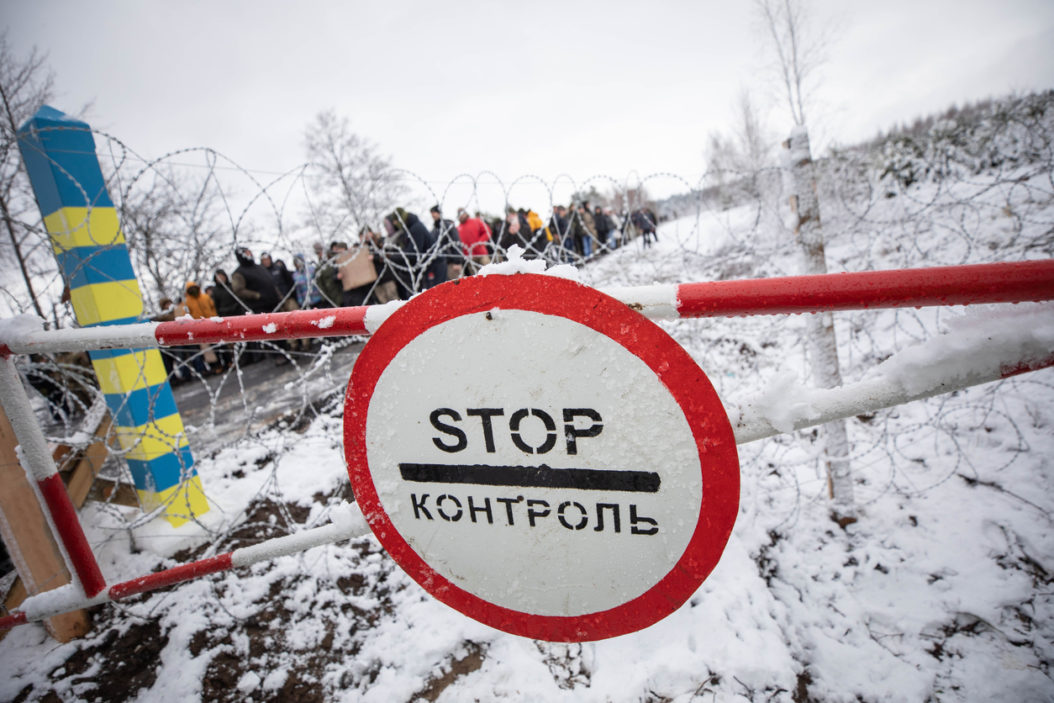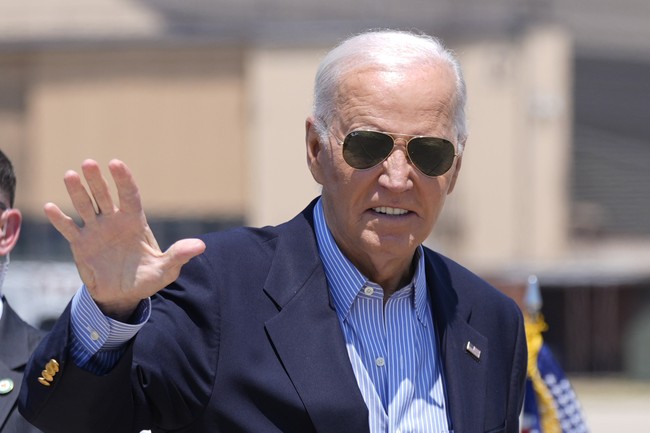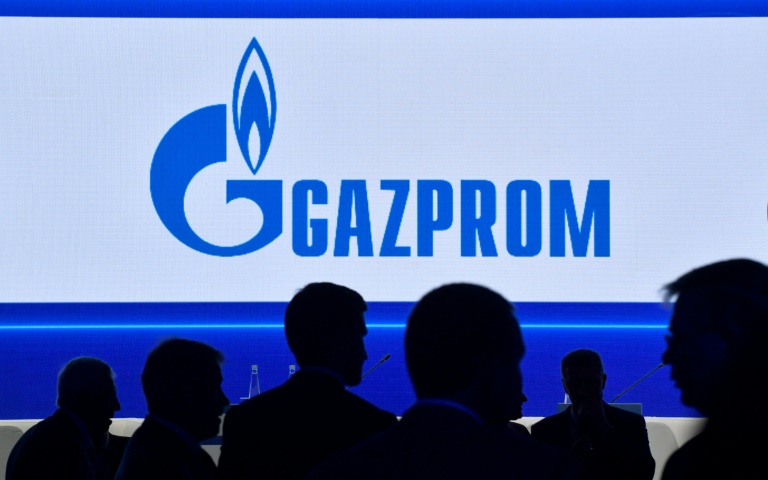The winter is coming, and it will be a killer as the war in Ukraine will not be over by Christmas. While Putin may not have foreseen the war, or the so called, “special operation”, in Ukraine to last beyond March, the decision to strike in late February is now playing to his advantage.
Ukrainian winters are no mild affairs. One can survive short stints outside, coated in a warm coat, but a return to the warmth of a home is a must. With Ukraine experiencing shortage of gas and other fuels to heat their home, as well as reeling from damage sustained during the Russian offensive earlier in the year, the prospect for the coming months is looking bleak.
The Russian offensive in February-March looked to take out all power stations able to provide heat to homes. The plant in Chernihiv, a regional capital to the north-east of Kyiv with a population of 300,000 people, was taken out on the 3rd of March leaving homes without heat and power. While Ukraine had four months of respite to deal with the damage, and circa 2 million pounds have been earmarked for the reconstruction, it may be futile as supplying fuel to these and other stations becomes the main issue.
Liquid propane gas, flouted as the future for the EU is not an option at the moment. While Western states rush to complete construction of facilities to process the liquid gas, these are lacking in Ukraine to satisfy the most meagre of demands.
Featured
BASC respond to the England Deer Strategy
Featured

Northern Ireland Police Service declares Firearms and Explosives Branch “critical incident”
The British homeowner will naturally turn to solid fuels, from peat to coal to wood, as the solution. Indeed, this approach, no matter how crippling to the environment, may be the only way for the Ukrainians living in houses, but what of the rest. Those in hospitals, in nurseries, in orphanages, in retirement homes and flats? Life will be difficult if at all possible.
One solution for Ukraine may be to rely on reverse feeds from Central and Western European states that are still buying gas from Russia. This approach was taken by Ukraine in 2014Ukraine lost Crimea, and parts of the Donetsk and Luhansk regions to Russian agression. However, this move comes with an additional cost of market value plus reverse transportation on top of anything the western speculants will add to make a quick buck.
There is also the fact that Russia has no interest in seeing Ukraine and, most importantly, Ukrainians survive. The torture and slaughter in Bucha, Borodyanka and Trostianets, together with the mindless murder of immobile prisoners of war in Olenivka has already shown this. To this end, the Russia has already made statements that threaten the supply of Russia’s “western partners” should they wish to reverse the feed back to Ukraine. However, it is unlikely that the petro-state will cut supply and it’s only substantial cashflow.
Even if reversing the gas to Ukraine is possible, this financially crippling scheme may not be viable for Ukraine’s beleaguered budget. To date the country has a budget deficit of 41 billion pounds. While to you and I this may seems like money one can through away on a questionable track-and-trace app, for Ukraine it is the lifeline that holds the country in the world of the living.
In July, the state gas company Naftogaz requested 3 billion pounds to cover the cost of the forthcoming heating season. Even with the anaemic and haemorrhaging budget, it is possible to scrape together the funds, but it may all be in vain. The global prices are predicted to rise and Ukraine will be left in the cold with more debt. The estimated real value of gas needed to heat the country through the winter is 12 to 14 billion pounds.
There is one solution that is not being voiced.
The Paris Club has agreed to suspend debt repayment until 2023, but with the country’s credit rating dropping to one of a negative outlook, further debt at premium rates remains the only option to feed its people and heat its hospitals. At the same time, Ukraine continues to fight unimaginable evil, keeping Europe safe from Russian aggression while paying through the nose for bullets, food and the ever-rising cost of debt maintenance from other lenders.
The cancelation, rather than freezing or restructuring of debt, is the only way that Ukraine has a chance to deal with the invasion and preserve lives of the civilian population.
The collective West has the financial capacity to do this, whether through action of individual lenders or through a joint relief fund which would repay the Ukrainian commitments on their behalf. Delaying further would put extra pressure on the beleaguered economy of Ukraine, divert funds immediately required for humanitarian relief and prevent Ukraine from saving the lives of its people in the deep dark and cold winter.





















Discussion about this post